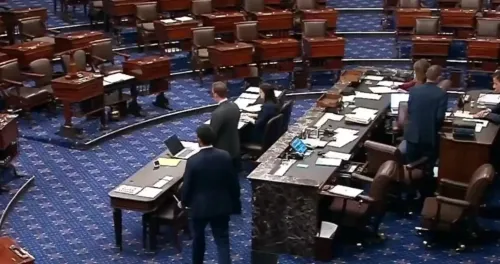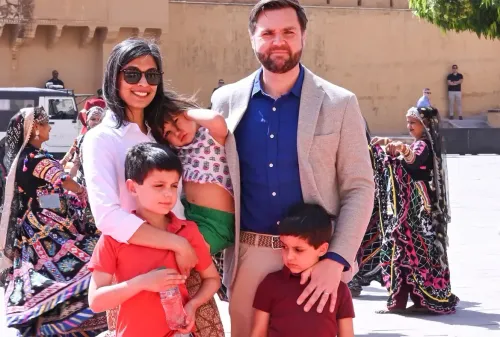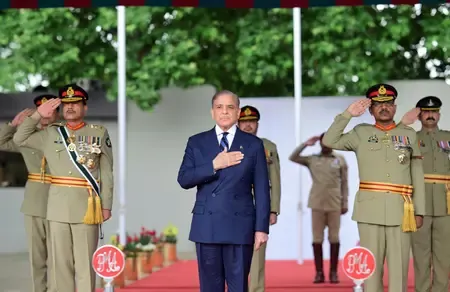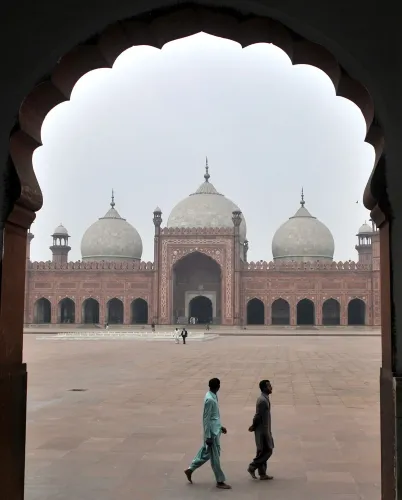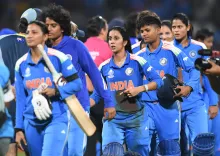Is Fahad Lehri Another Victim of Pakistan's 'Kill and Dump' Policy?
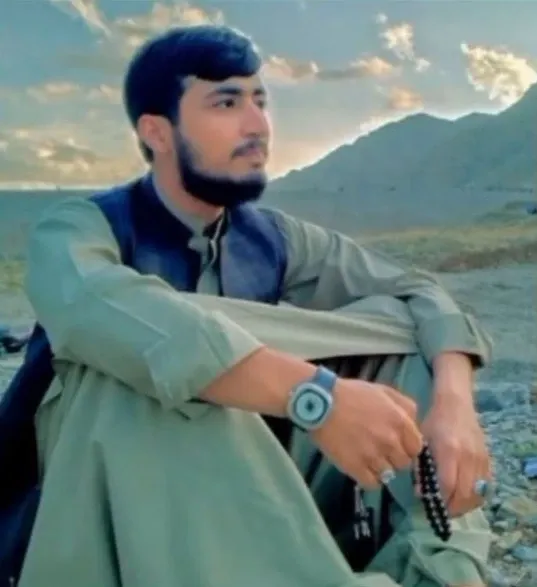
Synopsis
Key Takeaways
- Fahad Lehri's murder highlights a pattern of violence against Baloch youth.
- The 'kill and dump' policy exemplifies state repression in Balochistan.
- Rokia Baloch's tragic death underscores civilian vulnerability.
- Healthcare in Balochistan is critically under-resourced.
- International attention is essential to address these human rights violations.
Quetta, May 15 (NationPress) The Baloch Yakjehti Committee (BYC) has vocally denounced the murder of Fahad Lehri, a student from Balochistan, deeming it a tragic extension of Pakistan's 'kill and dump' strategy aimed at eradicating the Baloch identity.
According to a statement from the BYC, Fahad, who was a student and a resident of Mastung, Balochistan, was forcibly taken on May 4, with his bullet-riddled body being discovered in the same locality the following Wednesday.
"The 'kill and dump' policy has evolved into a systematic approach for silencing Baloch voices. Individuals ranging from students and laborers to political activists and artists find themselves at risk. Fahad was neither brought before a court nor given an opportunity for legal defense; his only 'crime' was being a Baloch youth in a region where identity is perceived as a threat," the statement emphasized.
"This persistent campaign against young Baloch men serves not only to eliminate potential dissenters but also to instill profound fear within Baloch society. Fahad Lehri is now part of a long list of individuals whose lives were extinguished without trial, leaving families to grieve in the shadows of state-sanctioned violence," the statement elaborated.
The BYC further highlighted the brutal reality in Pakistan, asserting that grief will not lead to silence.
"The people of Balochistan will continue to resist this brutality through our voices, our truths, and our collective memory. While bullets may bury bodies, they cannot erase the determination of a people yearning for dignity and justice," the statement concluded.
In a separate statement, the BYC revealed the tragic news of a 7-year-old girl, Rokia Baloch, who succumbed on Thursday after being shot while sleeping outside her home in Khudabadan, a town in Panjgur, Balochistan.
According to their report, in the early hours of Monday, personnel from Pakistan's Frontier Corps (FC) indiscriminately fired in the area, with a bullet striking Rokia in the abdomen while she slept.
The child was urgently taken to a hospital in Panjgur and subsequently referred to the District Headquarters Hospital in Kech (Turbat). Despite her family's efforts, she unfortunately passed away on Thursday, as stated by the BYC.
"This tragedy was worsened by the dire state of the healthcare facility. Upon arrival, there was an absence of adequate oxygen supply, essential medicines, functional air conditioning, and reliable electricity. Such life-saving necessities were glaringly missing, reflecting the systemic neglect and underdevelopment of public services in Balochistan, particularly in healthcare," the BYC's statement noted.
"This is not merely an isolated incident. Such acts of indiscriminate violence by state forces have regrettably become a common experience in Balochistan. Following attacks or confrontations, it is often the civilian population, including children, women, and the elderly, who suffer the consequences of state retaliation," the statement continued.
"The ongoing militarization of civilian areas, the impunity enjoyed by security forces, and the systematic denial of basic rights have created a humanitarian crisis in Balochistan that urgently calls for international attention," the BYC further expressed.
The BYC urged international human rights organizations, medical humanitarian groups, and global civil society to recognize and respond to this violence, asserting that Rokia's name is now part of a long list of innocent lives lost not due to conflict, but as a result of state-sponsored brutality.

